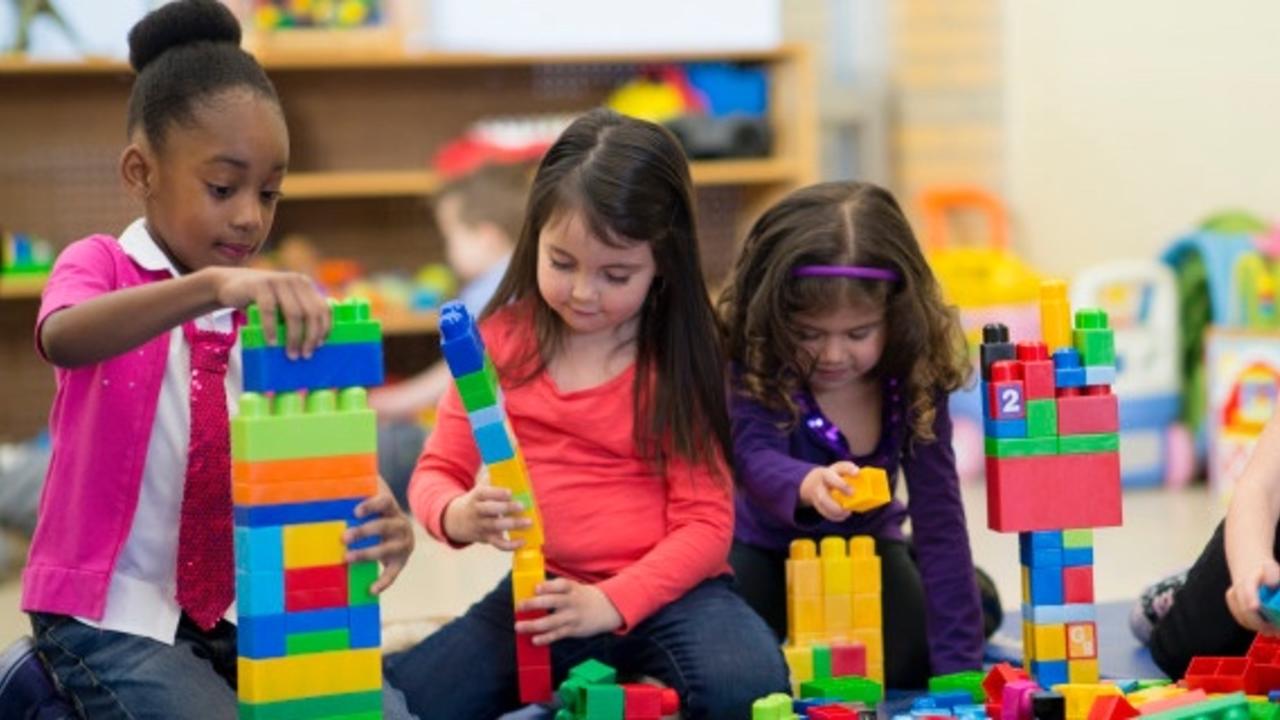
A Long View of Gamification and Learning
Aug 27, 2018When you mention your intention to gamify of learning program, have you ever run into resistance? Have you ever had a higher-up say, “We’re serious people doing serious work,” or “We don’t pay them to have fun”? (Have you asked to go to a gamification conference, say, GamiCon, and struggled to get it paid for?)
Their resistance is probably to the term “game.” It feels like play and frivolity. In fact, learning through play appears to core to human experience.
The route most people L&D professionals took to gamification went something like this: Over here, I have these disengaged learners in a boring training program; over there, people play video games for hours. What if I took some of the fun and engaging (if not addicting) elements of games and applied them to learning?
Makes sense, right?
Then, as we begin studying why games are so engaging, if not addicting, we understood that certain things are happening psychologically within games, and we were better equipped to strategically apply game mechanics to learning experiences.
But what if we stepped back from learning programs and video games? What if stepped waaaaaay back, and looked at play and learning from an evolutionary psychology perspective. From way back here, we’d see that people learned through play long before we have had highly structured language to communicate complex information. Children would play games to prepare them for their roles in their tribes and communities.
Even today, children learn through play. They still role play with versions of house and war, and they also turn the alphabet into a song, play with puzzles, there’s flash cards, and so on.
You might be tempted to say, “Well, that’s children.” A man named Johan Huizinga would show you how adult play is central to culture. Tracing play in historical cultures, he demonstrated that play was central to every human culture. From his position in the 1930s, he worried that Western culture was discouraging play (serious people doing serious work). He feared for a loss of culture. He could not anticipate the boom in games that would begin 50 years later.
The point is games are core to how our brain learns. Lectures, text, and tests are relatively new to the human experience, and they are not how we naturally learn and remember. Therefore, gamification of learning is more “natural” than the way we have been training employees for the last couple of centuries.
Don't miss a beat!
New moves, motivation, and classes delivered to your inbox.
We hate SPAM. We will never sell your information, for any reason.
